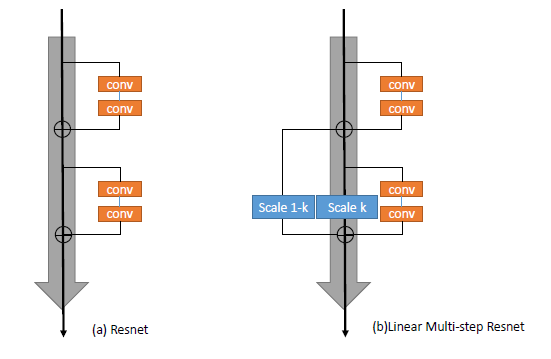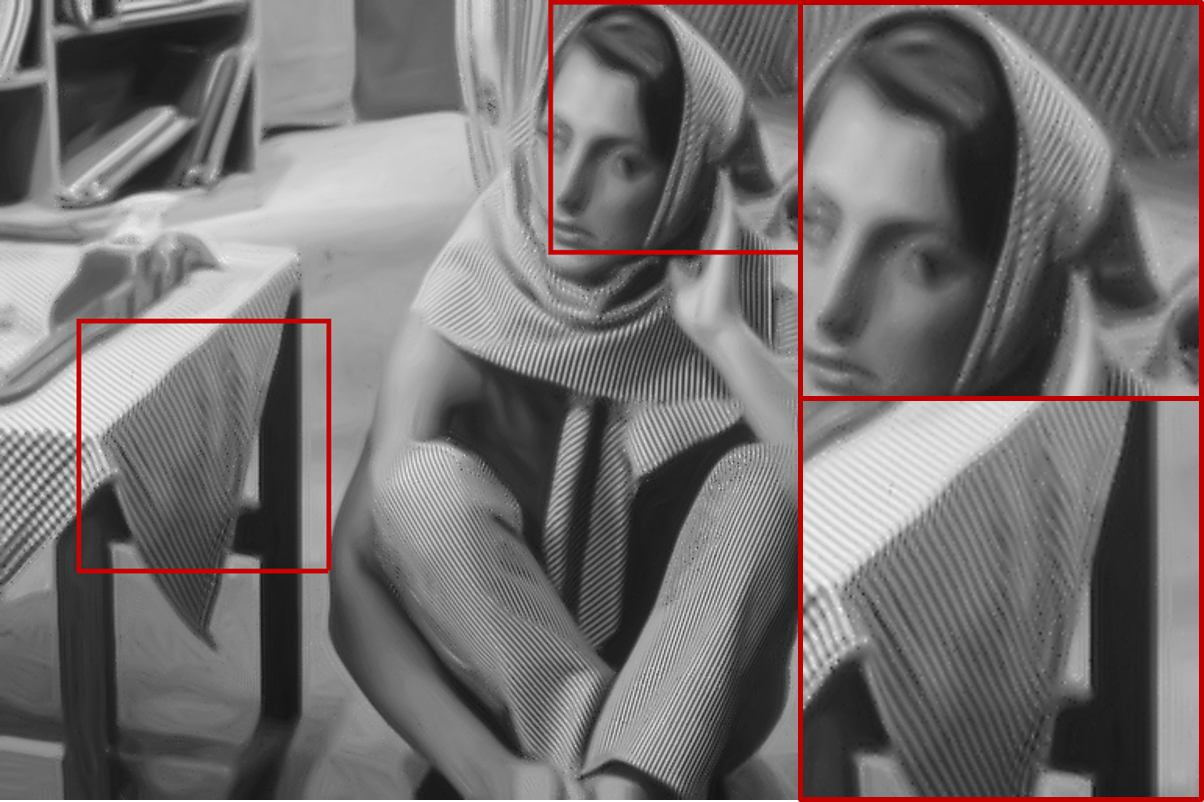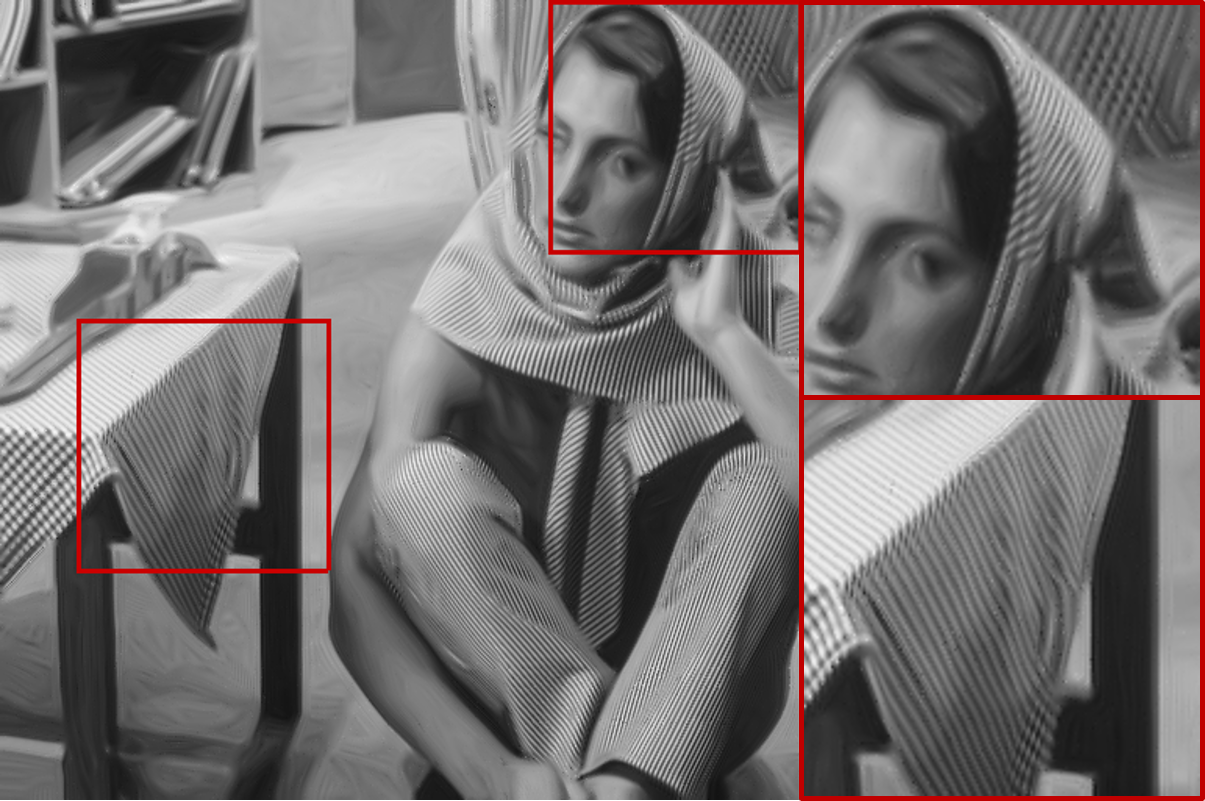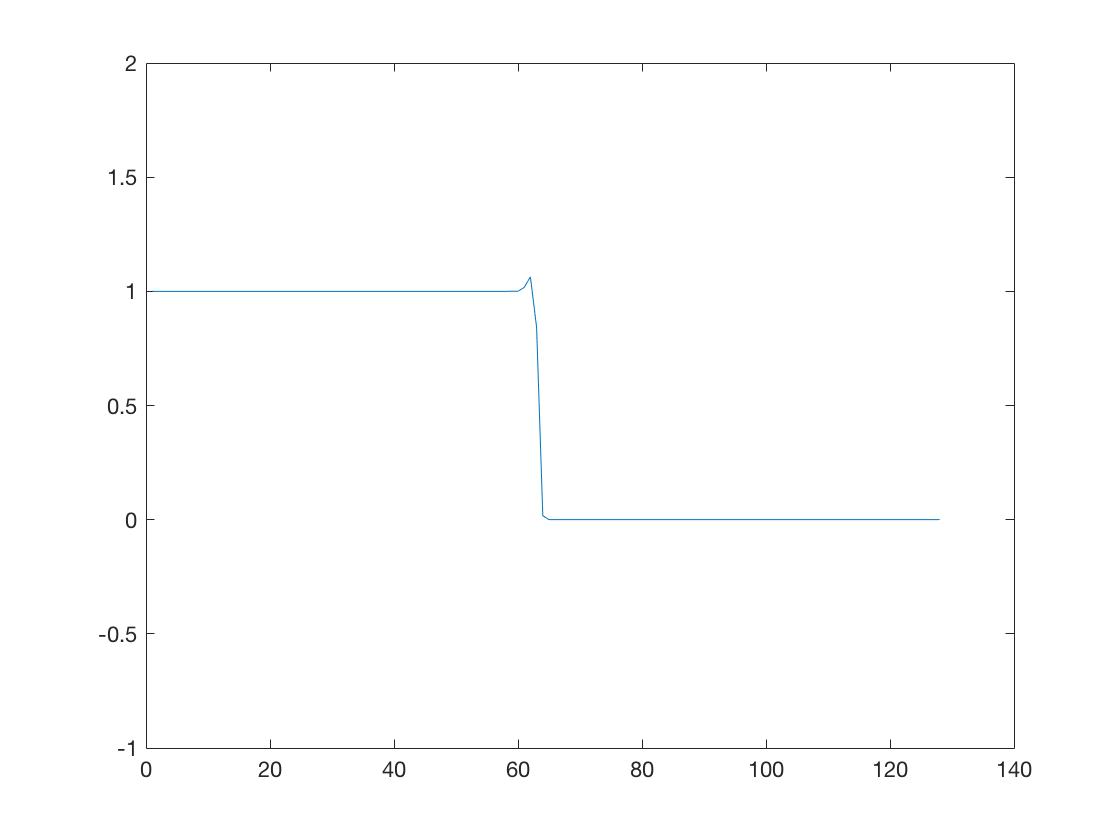Yiping Lu Research ProjectsPh.D. student
Institute for Computational and Mathematical Engineering Bachelor of Science(Honor Track)
Department of Scientific & Engineering Computing |
 |
Research Overview
If you are interested in any problem that I'm working on or related, please contact me! I'm look forward to potential collaborators.
Although data-driven algorithms have achieved impressive results to extract information and make useful predictions from datas across a wide range of areas. However the state-of-the-art models is discovered being vulnerable to adversarial perturbations, biased towards spurious relations and even sensitive to simple domain shift. Building a robust and reliable machine learning system is always the core of my research. I'm also interested in all computational and statistical methods used in imaging and graphics.
At a high level, my research aim to combine the data driven method with model based methods. Before the uprise of deep learning methods, people need first to design a mathematical model to describe the physic laws behind the problem. My dream is to converge this two methodologies which can build great predictive performance data-driven model with theoretical guarantee.
I am also working on learning theory, uncertainty quantification, and inverse problem.
Research Area:
| (Stochastic) Dynamic System View Of Deep Learning. |
| Sparse Representation And Dictionary Learning Of Images. |
| Geometric Partial Differential Equations/Control Problem On Graphs. |
| Kernel Learning, Gaussian Process and Deep Learning. |
Related Math Fields: Optimal Transport, Optimal Control, Stochastic Analysis, Fourier Analysis
Highlight! Deep Learning And Dynamic Systems
Joint work with: Bin Dong, Zichao Long, Xianzhong Ma, Aoxiao Zhong, Jianfeng Lu, Lexing Ying
In this project we want to bridge dynamic control theory and deep learning.
A slide reviewing the contribution I make in this area.[slide] (2020/04)
First we utlize the neural network to learn a dynamic. We want to learn the PDE and the numerical scheme of the PDE at the same time. In this method, we take both interpretability and predictability in to consider.
Secondly we are also interesting in utlize the differential equation to analysis the deep neural network. Not only utilizing the algorithms from control problems but also want to do some theorical works to analysis the property of th neural network. At the same time, we also working on the relationship with boosting algorithms.
I'm also interested in utlizing (stochastic) dynamic system to anlaysis optimization problems. Here is a chinese brief introduction I write on zhihu link and here is a report I wrote on this topic pdf.


| Yiping Lu, Aoxiao Zhong, Quanzheng Li, Bin Dong. "Beyond Finite Layer Neural Network:Bridging Deep Architects and Numerical Differential Equations" ICML2018 |
| Zichao long, Yiping Lu, Xianzhong Ma, Bin Dong. "PDE-Net:Learning PDEs From Data",ICML2018 |
| Xiaoshuai Zhang, Yiping Lu, Jiaying Liu, Bin Dong. "Dynamically Unfolding Recurrent Restorer: A Moving Endpoint Control Method for Image Restoration",ICLR2019 |
|
Zichao long, Yiping Lu, Bin Dong. "PDE-Net2.0:Learning PDEs from Data with A Numeric-Symbolic Hybrid Deep Network", |
| Dinghuai Zhang*, Tianyuan Zhang*, Yiping Lu, Zhanxing Zhu, Bin Dong. "You Only Propagate Once: Painless Adversarial Training Using Maximal Principle.", Neurips2019. |
| Yiping Lu*, Zhuohan Li*, Di He, Zhiqing Sun, Bin Dong, Tao Qin, Liwei Wang, Tie-yan Liu "Understanding and Improving Transformer From a Multi-Particle Dynamic System Point of View." (*equal contribution) , Submitted |
| Yiping Lu*, Chao Ma, Yulong Lu, Jianfeng Lu, Lexing Ying. "A Mean-field Analysis of Deep ResNet and Beyond: Towards Provable Optimization Via Overparameterization From Depth" ICLR 2020 Workshop on Integration of Deep Neural Models and Differential Equations. (Oral) |
New! PDE Based Methods For Semi-Supervised Learning
I'm interested in the following areas
- Nonparametric estimation using kernel.
- Graph based semi-supervised Learning.
- Consistency based semi-supervised learning.
Biharmonic Equation On Manifold:
Image Inpainting: WNLL:27.78dB, WeCURE: 28.56dB


Semisupervised Learning:

| Bin Dong, Haochen Ju, Yiping Lu, Zuoqiang Shi. "CURE: Curvature Regularization For Missing Data Recovery." Submitted |
Robustness Of Machine Learning Systems
My main research lies in image processing and reconstruction. Here are projects I'm working on and
- Domeain adaptation.
- Causal Inference, instrumental variable regression.
Wavelet And PDE
Joint work with:Bin Dong, Ting Lin
(Not actively working on, but still interested) To utilize the sparsity of wavelet representation of the functions in the sobolev space, we want to utlize the wavelet to propose a TVD scheme to capture the shock without tracking it.
I'm also interested in the relationship between wavelet based models and PDE/variation based models in imaging analysis. I'm working on the relationship between the edge calculated by wavelet based methods and PDE/variation methods.
Estimating the jumpset by ell_0 norm minimization (The test image is Ogino Yuka from NGT48)



Wavelet Based PDE Solver






